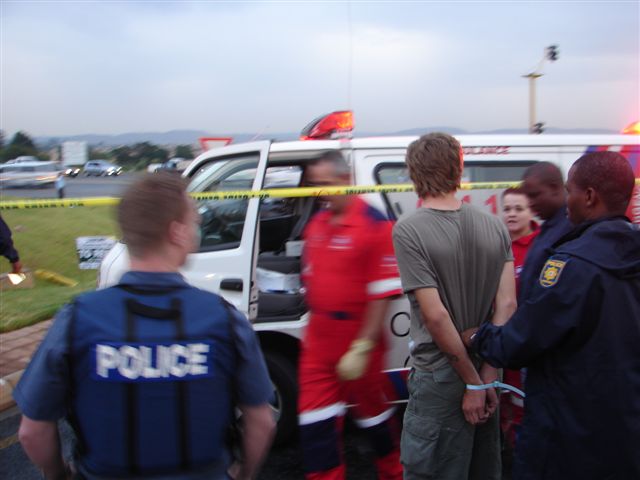
It’s never easy to think clearly after an arrest. The majority of arrestees are frightened about social stigmas, legal consequences, financial consequences, and the effect on their families. However, It’s a must to stay focused and take the steps that are necessary to make certain that your rights are well-protected. At the time of arrest, a police officer should provide your Miranda Rights. This is not a mere formality, but rather, an important part of the arrest.
What To Do?
Communicate with the Police
The Miranda Rights include your own right to be silent. This is an essential right, which protects a person from being a witness against him/herself in a criminal trial. Although you have to identify yourself upon police request, by stating your name, address, or giving your driver’s license or state ID, you are not necessarily required to answer any further questions the police officer will ask. But of course, it is in your best interest to be polite. For instance, you can tell the police officer, in a calm way, that you will not be answering any questions until you have spoken with your attorney.
Additionally, while you are not obliged to answer any question posed by police officials, you are, however, required to stay in their custody until your lawyer has secured your release or a bail has been established. You should never attempt to escape from police custody. Doing so would only compound the charges against you and would increase your chances of staying in jail.
Remember the Circumstances of the Arrest
Some things may go wrong during an arrest. For example, a police officer may violate your rights or apply an excessive force. These details might be important in your personal defense. And it’s also important for the superior of the officer to be aware of such. Given these reasons, it’s significant that you pay very careful attention to everything that takes place during an arrest. As much as possible, write them down as soon as possible after the arrest. Witnesses of the arrest are also important and they may be able to testify about any error or misconduct by the police that happened during the arrest. Police cruisers are often equipped with video surveillance that might be obtained during the discovery phase of a trial. This can also be an important piece of evidence if you are claiming police misconduct, or that you did not commit the crime in question.
Right to be Represented by A Lawyer
Your legal counsel can help you at the time of your arrest and throughout the entire criminal proceedings. After providing the police officer with your name, telephone number, and address you are not anymore obliged to speak with them without the presence of your lawyer. Bear in mind that if you cannot afford the service of a lawyer, the court will appoint a defense lawyer for your case.
A criminal defense lawyer will start helping you right after the arrest. This would include helping you through the police investigation, plea bargaining, bail hearings, and the other aspects of the trial.
Photo Credit:flickr, Werner Vermaak


